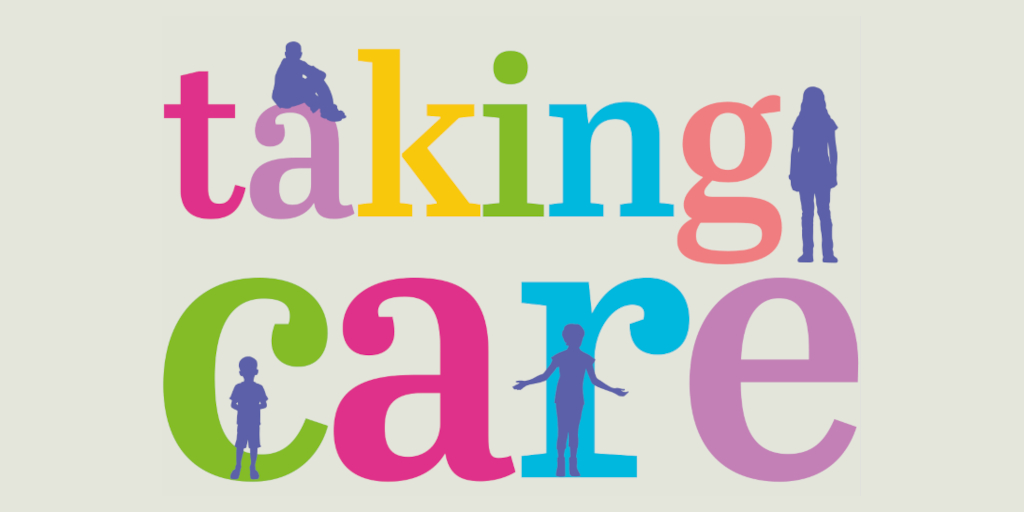At least one in every 10 children in care and more than 10,000 young care leavers in England have unresolved immigration or citizenship issues. Without better immigration support from local authorities, these children face uncertain and unsafe futures.
Our report, ‘Taking Care: How local authorities can best address immigration issues of children in care’, finds that delaying providing help on immigration and nationality issues could be costing local authorities hundreds of thousands of pounds per year. A citizenship application for a child costs £1,012. By comparison, waiting to resolve immigration issues until the young person leaves care can cost as much as £130,000 per young person in Home Office fees and support with living when that young person is barred from claiming benefits.
Lack of immigration status or citizenship prevents children from being able to lead full lives. Whereas resolving these issues early means young people avoid unnecessary complications with everyday activities like applying for jobs or university, seeking scholarships, grants, or student loans, setting up a bank account, getting a driving licence or renting accommodation.
Read and download the report below.
The charities that endorse the Taking Care report are calling on local authorities to sign an immigration support pledge, which commits them to:
- identify all looked-after children and care leavers with immigration and nationality issues;
- connect looked-after children and care leavers with good quality legal support as soon as possible;
- take a proactive and informed role in supporting looked after children and care leavers through any immigration applications and appeals;
- enable those who are eligible to apply for permanent status and British citizenship.
We recognise that there is lots of excellent examples of social care practice in this area across the UK. For these local authorities, adopting the immigration support pledge is an opportunity to build upon this and embed it within local policy and processes.
We also recognise that many local authorities may be near the beginning of a journey to build systems and new practices which meet the specific needs of non-British children. Signing the immigration support pledge is an important first step.
Local authorities that have adopted the pledge so far:

Learning Package
To support the implementation of the commitments in the immigration support pledge we have co-developed a learning package for local authorities
- A training video developed by young leaders from SLRA and Coram Young Citizens; this resource illustrates why the immigration support pledge is so important and the difference adopting this kind of good practice can have on the lives of young migrants in care.
1. Supporting Unaccompanied Asylum Seeking Children and Care Leavers – policy resource for local authorities ; this resource provides advice on guidance on how practitioners can best support, and meet the additional needs of, unaccompanied asylum seeking children. The resource covers a number of areas of support, including; referral and assessments, age assessments, placement decisions, health, immigration etc.
2. Immigration Support for Children in Care and Care Leavers – policy resource for local authorities ; this resource aims to act as a tool kit for social care practitioners so that they can support children and young people with any immigration issue. It is structured around addressing these issues within the social care framework, offering guidance on different stages such as assessment, planning, and carrying out the plan.
3. Reform of Children’s Social Care – Making children’s social care reform work for children subject to immigration control; This briefing from the Refugee and Migrant Children’s Consortium provides guidance for local authorities on how they might implement the changes proposed in the Department for Education’s ‘Stable Homes, Built on Love’ Strategy in a way that takes account of the additional needs of migrant children and young people.
4. The Traffic Light Reference Chart on Legal Representation of UASC resource aims to support social care practitioners to better understand what to expect from immigration advisers representing asylum seeking children and how to identify red flags of poor practice.
5. This SLRA briefing The Illegal Migration Act 2023 Resource for LAs provides information on the Illegal Migration Act 2023 and the impact it will have on unaccompanied minors in care. It provides basic information on the provisions of the Act that have already been implemented, what to expect from provisions that are yet to come to force, and what social workers can do to support young people who may be affected.
Local authorities who sign the pledge will also get access to free consultation and training on how to implement the commitments in the immigration pledge and guidance in the learning package.
SLRA Young Community Leaders have also made an Information Sheet to be shared with young migrants in care:
For more information about the pledge and support in implementing it, or endorsing the report, please contact Bettina Patel, Policy and Participation Manager at SLRA on bettina@slr-a.org.uk

